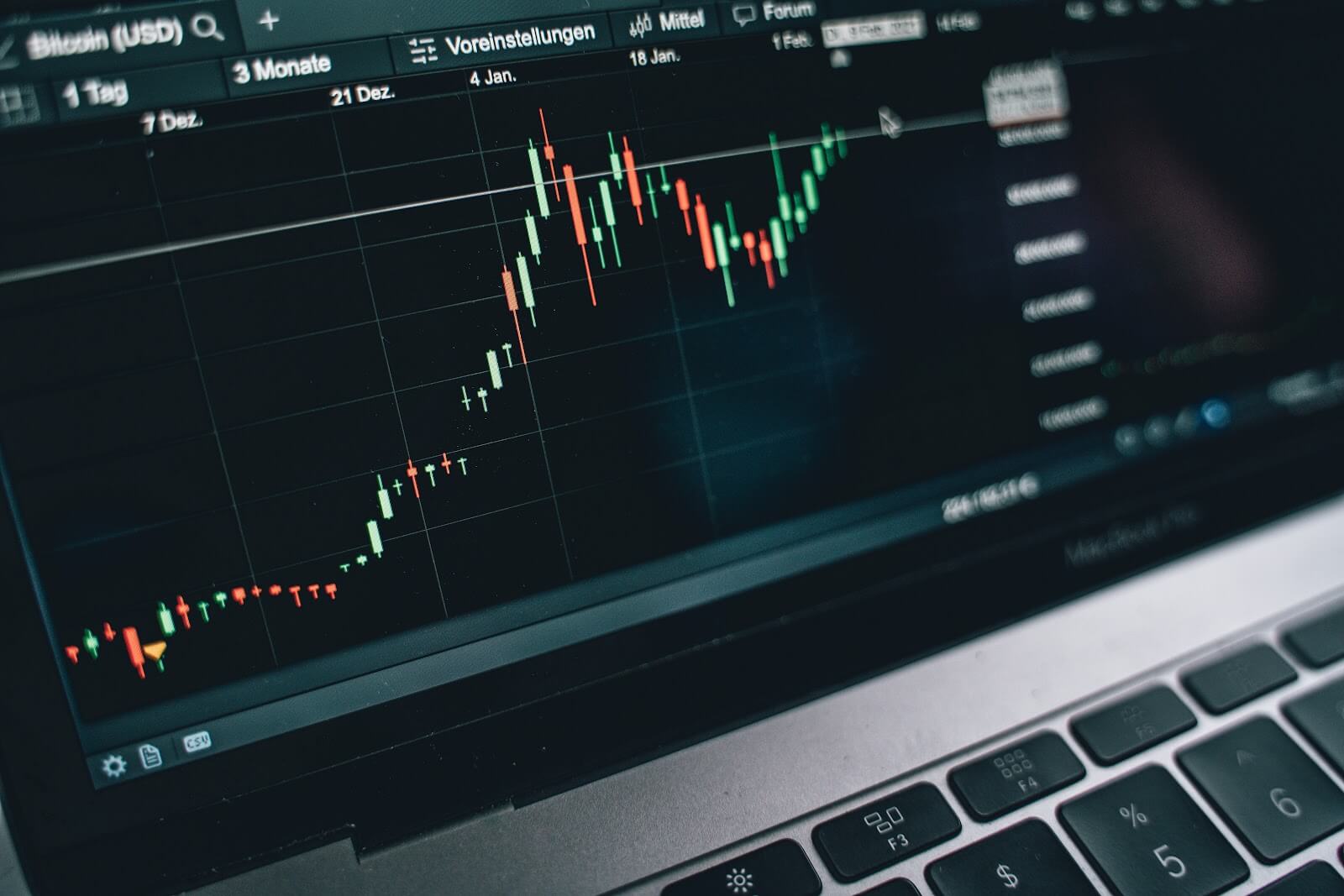US Congressman Involved in High-Volume Altcoin Trading
27.08.2024 18:30 1 min. read Alexander Stefanov
While U.S. Congress members typically stick to stocks, a few have ventured into cryptocurrencies, with Bitcoin and Ethereum being the usual choices.
Recently, Representative Mike Collins has garnered attention for his active trading of lesser-known altcoins.
Data from Quiver Quantitative, revealed on August 26, shows Collins engaging in frequent trading with altcoins, including Aerodrome (AERO).
On July 26, 2024, he invested up to $50,000 in AERO. Within a week, he sold the asset but re-bought it the following day. AERO, which was trading at $0.68 with a slight decline, saw a notable increase of 38% since his last purchase.
This rapid trading is unusual for a sitting Congressman. Collins has also been involved in similar activities with Velodrome (VELO). On July 11, he traded between $15,000 and $50,000 in VELO and AERO, and sold VELO later in the month.
Such trading practices can raise questions about possible insider knowledge, particularly since VELO and AERO are developed by the same team. This isn’t Collins’s first crypto investment; he previously put $60,000 into Ethereum in early 2024, with a modest loss of about 2% so far.
-
1
Ethereum Overtakes Bitcoin in Retail FOMO as Traders Shift Focus to Altcoins
17.07.2025 8:05 2 min. read -
2
Fartcoin Price Prediction: FARTCOIN Could Rise to $2.74 After Major Breakout
17.07.2025 16:01 3 min. read -
3
Binance to Launch 2 New Contracts with 50x Leverage: Everything You Need to Know
10.07.2025 12:00 2 min. read -
4
Standard Chartered Becomes First Global Bank to Launch Bitcoin and Ethereum Spot Trading
15.07.2025 11:00 1 min. read -
5
ProShares Ultra XRP ETF Gets Green Light from NYSE Arca
15.07.2025 19:00 2 min. read
Why Most Americans Still Avoid Crypto Despite Growing Adoption
Cryptocurrency ownership in the U.S. has grown steadily over the past few years, but it remains far from widespread.
XRP Eyes Next Target as Bullish Crossover Sparks 560% Surge
XRP is back in the spotlight after crypto analyst EGRAG CRYPTO highlighted a powerful historical pattern on the weekly timeframe—the bullish crossover of the 21 EMA and 55 SMA.
Top 5 Most Trending Cryptocurrencies Today: Zora, Pudgy Penguins, SUI and More
Crypto markets are buzzing with momentum as several altcoins post double-digit gains and surging volumes.
Sui Price Jumps 14% to $4.26 amid ETF Hopes
Sui (SUI) surged 14% in the past 24 hours, reaching $4.26 as bullish technical patterns, Bitcoin’s rebound, and renewed ETF speculation pushed the altcoin higher.
-
1
Ethereum Overtakes Bitcoin in Retail FOMO as Traders Shift Focus to Altcoins
17.07.2025 8:05 2 min. read -
2
Fartcoin Price Prediction: FARTCOIN Could Rise to $2.74 After Major Breakout
17.07.2025 16:01 3 min. read -
3
Binance to Launch 2 New Contracts with 50x Leverage: Everything You Need to Know
10.07.2025 12:00 2 min. read -
4
Standard Chartered Becomes First Global Bank to Launch Bitcoin and Ethereum Spot Trading
15.07.2025 11:00 1 min. read -
5
ProShares Ultra XRP ETF Gets Green Light from NYSE Arca
15.07.2025 19:00 2 min. read


